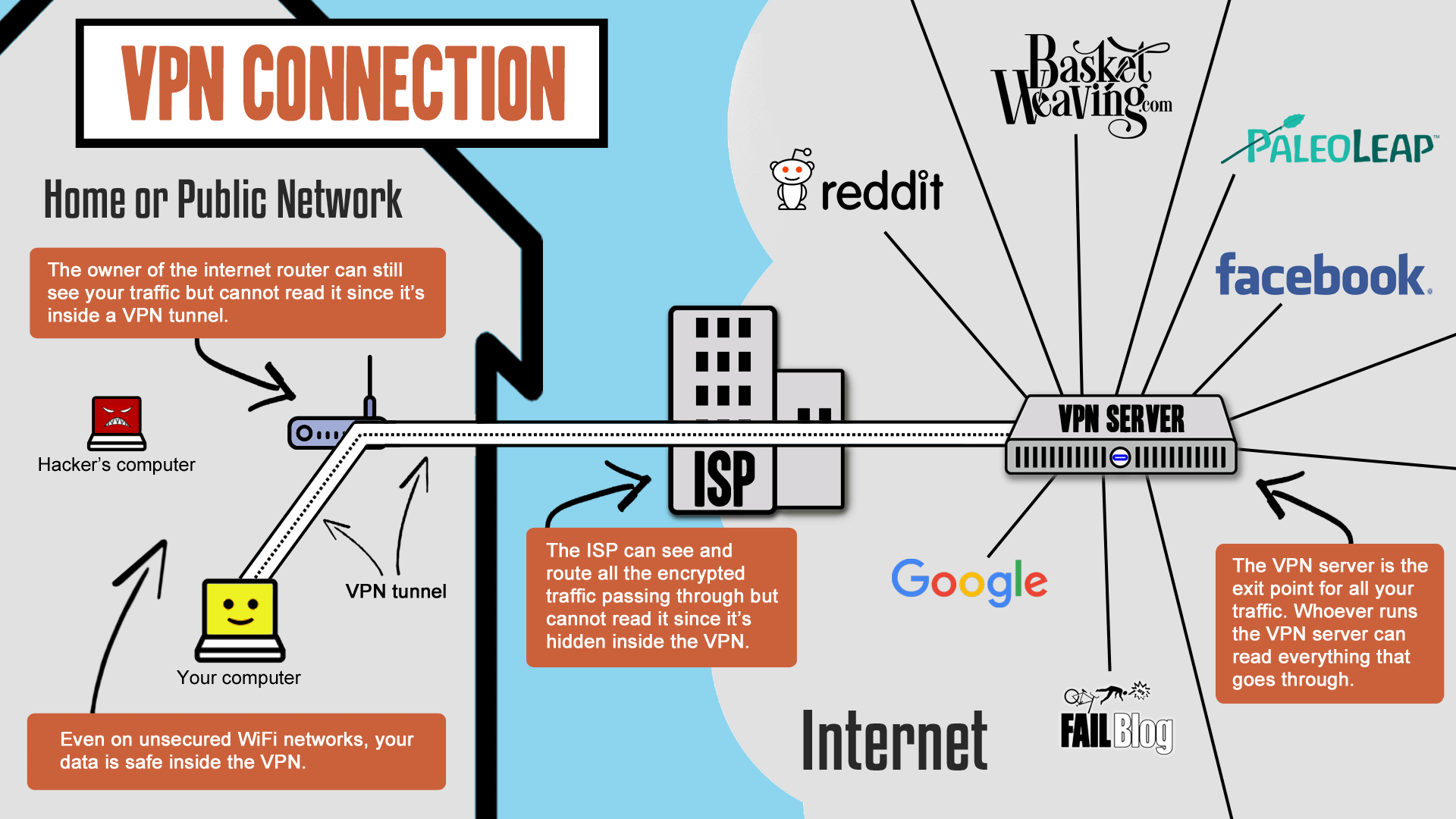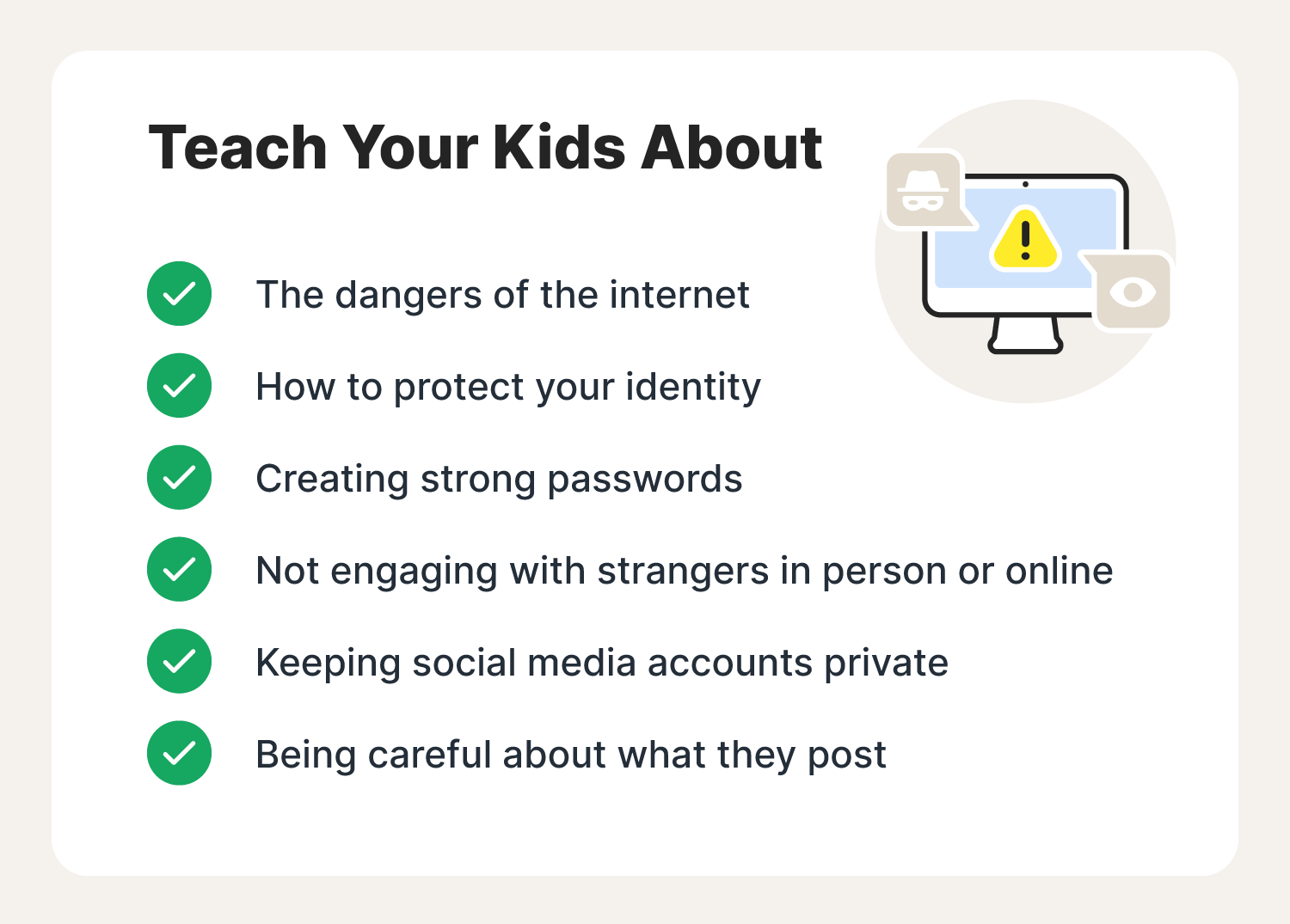All Categories
Featured
Table of Contents
- – How Much Does It Cost To Have A Semantic Searc...
- – What Is The Premier Tools For Semantic Seo Com...
- – What Is The Most Recommended Semantic Seo Exa...
- – How To Choose The Top Semantic Keyword Research
- – What's The Leading Semantic Seo Services On ...
- – What Are The Top 10 Best Semantic Seo Tools?
- – What Is The Most Reliable Semantic Seo Check...
The internet is changing, ending up being a growing number of semantic. SEO is likewise changing and coming to be a lot more semantic. This is since search engines have actually progressed and are relocating increasingly more towards reviewing content online. Of course, that has actually also changed the method we produce content, particularly if we want to rate better in the internet search engine.
, the leader of the Internet, talked of to stand for the concept that all things in deep space are deeply interconnected. Intertwingularity is not generally acknowledged, people keep acting they can make things deeply ordered, categorizable and consecutive when they can not. Every little thing is deeply intertwingled. Based on the connections in between search objectives, the internet search engine favors a material ready by determining the range between the vectors of definition.
It permits you to see, starting from a subject, all the entities that are related to that subject. In this manner you can plainly see which entities/concepts/ideas have currently been covered on your internet site, and you can find new chances by recognizing what material you can include and just how to create it.
How Much Does It Cost To Have A Semantic Search And Seo?
It is able to make your web content reasonable for internet search engine on the one hand and for your target market on the other. Structuring your web content version highlights your web content and its hidden relationships so that search engines can identify you amongst hundreds of items of information, making you extra noticeable to customers who fulfill the search intent related to your company.
In semantic SEO copywriting, an editor begins with a wider series of subjects and tailors the content to consist of semantically appropriate terms and expressions that aid viewers understand a topic, similar to reading material in a wiki. From a web content composing viewpoint, one functional method to do this is to create a vocabulary of terms and questions bordering your target subject.
What Is The Premier Tools For Semantic Seo Company
Find out more concerning by enjoying the by!.

Semantic search refers to the process of how search engines comprehend and match keywords to a searcher's intent in natural search results page. Before semantic search, search engines like Google ran like matchmakersaligning certain words in your inquiry with those specific words on web pages. The outcomes were straightforward yet commonly lacked deepness.
What Is The Most Recommended Semantic Seo Examples Available Today
It allows Google to offer fast, exact responses to browse inquiries concerning real-world topics. When you type a question word into Google, you're not just getting in a sequence of words.
When you search for "Apple," Google does not simply see a word that describes a fruit. It identifies Apple as a company and can supply related information. It was Google's answer to the rise of voice searches, where inquiries came to be a lot more conversational and nuanced.
How To Choose The Top Semantic Keyword Research
By integrating NLP, Hummingbird allowed Google to relocate beyond mere keyword matching. It assisted the search engine comprehend search intent, boosting the chances that results would properly match the factor behind a user's search. As the third crucial ranking aspect after web content and links, RankBrain has improved Google's semantic search capabilities to recognize the definition of search inquiries.
Making it much more efficient at handling never-before-seen search questions. RankBrain thinks about more than simply search phrases when evaluating a search inquiry.
It fetches results that match the key words and line up with the total intent of supplying young puppy training advice. And if the user often looks for dog-related material, Google could focus on extra in-depth training guidesrecognizing the customer's recurring interest in the topic. Combining innovations like the Understanding Graph, Hummingbird, and RankBrain, semantic search aids the Google algorithm translate and link data across a huge web of info.
What's The Leading Semantic Seo Services On The Market
The focus changes from keyword selection to an all natural technique including user intent, topical relevance, and total individual experience. Developing web content that attends to the searcher's requirements with extensive information can enhance your SERP positions. Listed below, we detail the fads and techniques that settle the demand for semantically informed web content. Later on, we offer workable pointers to turn these insights into ideal methods.
And kind of content can best please their requirements. A more comprehensive method to content aligns better with semantic search's change away from precise keyword matching and towards individual intent. Which clarifies the enhanced emphasis on subject collections, instead of individual key words. Web content that covers search questions extra completely not only satisfies individuals.
UX intends to develop an aesthetically enticing, easy to use user interface with interesting, high quality web content that urges site visitors to remain. Semantic search modern technology allows search engines to aim for outcomes that supply the ideal possible UX.
What Are The Top 10 Best Semantic Seo Tools?

All display Google's ability to address a topic query thoroughly. By recognizing the context and intent behind customer inquiries, internet search engine can supply more pertinent details and possibly enhance customer involvement. Personalization in search results page produces better UX.Based on your past search background and preferences as a customer, semantic search helps online search engine tailor the outcomes to fit your one-of-a-kind requirements and rate of interests.
It brings results that match the keywords and line up with the overall intent of supplying young puppy training guidance. And if the customer regularly looks for dog-related content, Google might prioritize extra thorough training guidesrecognizing the individual's continuous passion in the subject. Integrating modern technologies like the Knowledge Graph, Hummingbird, and RankBrain, semantic search aids the Google algorithm interpret and connect information across a vast internet of information.
What Is The Most Reliable Semantic Seo Checklist To Get
The focus changes from keyword choice to a holistic strategy incorporating individual intent, topical significance, and general user experience. Creating web content that resolves the searcher's requirements with thorough information can boost your SERP positions.

A more comprehensive approach to content aligns much better with semantic search's shift away from specific keyword phrase matching and toward individual intent. Content that covers search queries a lot more completely not only pleases individuals.
UX intends to create a visually attractive, easy to use interface with appealing, top quality web content that motivates site visitors to remain. Semantic search technology enables search engines to aim for results that provide the ideal possible UX.
All showcase Google's ability to deal with a subject inquiry adequately. By understanding the context and intent behind user questions, online search engine can provide a lot more relevant information and potentially boost individual involvement. Personalization in search engine result creates better UX.Based on your previous search background and preferences as a user, semantic search assists internet search engine customize the outcomes to suit your special needs and interests.
Table of Contents
- – How Much Does It Cost To Have A Semantic Searc...
- – What Is The Premier Tools For Semantic Seo Com...
- – What Is The Most Recommended Semantic Seo Exa...
- – How To Choose The Top Semantic Keyword Research
- – What's The Leading Semantic Seo Services On ...
- – What Are The Top 10 Best Semantic Seo Tools?
- – What Is The Most Reliable Semantic Seo Check...
Latest Posts
When Are The Top Semantic Tagging For Seo Deals
Who Is The Leading Semantic Search Engines Company
What Is The Most Reputable Semantic Search And Seo In The World
More
Latest Posts
When Are The Top Semantic Tagging For Seo Deals
Who Is The Leading Semantic Search Engines Company
What Is The Most Reputable Semantic Search And Seo In The World